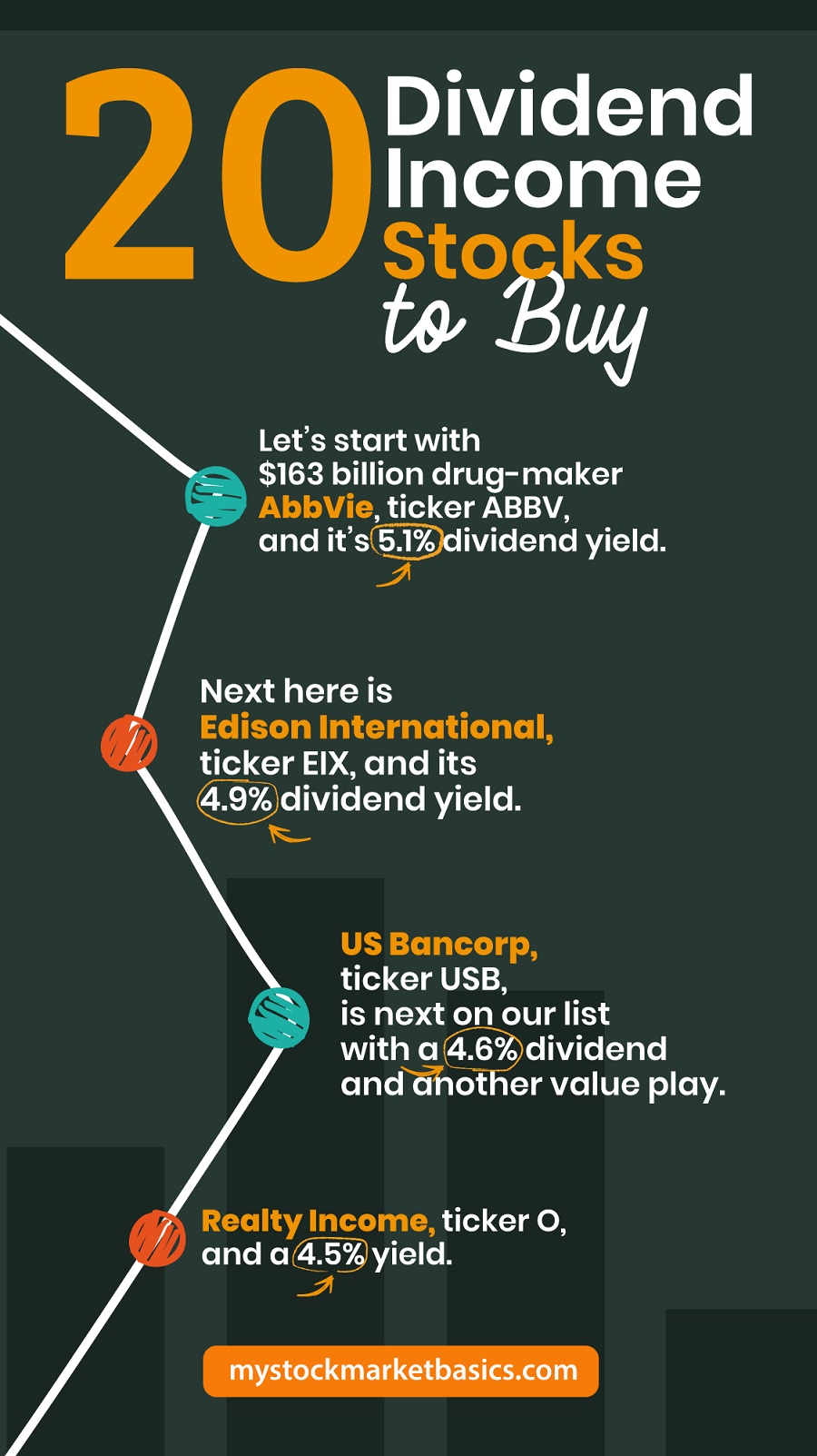
You can save money by purchasing Treasury bills. They provide all the benefits and returns of cash, with lower rates of return. They are also a secure investment. They are easy to use, low-risk and offer high liquidity on the secondary market. Treasury bills can be bought through your bank or a stockbroking company. This is a great way to diversify your portfolio in times of economic uncertainty.
Purchasing Treasury bills is a simple process. The Central Bank of Nigeria, (CBN), releases bids via national newspapers and their website. The first accepted bids are those with the lowest prices. Large financial institutions usually make the lowest bids. Until the issue sells, the next lowest offer is accepted.
By purchasing a treasury bills, you agree to pay the issuer the discount rate they offer. They also pay you the full bill value when the bill matures. If the auction is not competitive, you may choose to bid at a lower rate than the lowest. This way, you're guaranteed to receive the bills you want, even if they aren't in your preferred denomination.

If you want to make a competitive bid, you'll need to make your offer through a broker or bank. Next, you will need to make payment to the broker or bank. After you make payment, you'll get the T-bills. Before you purchase, it is important to discuss transaction fees, commissions and other fees.
You can also open a CDS Account to invest in multiple Treasury bills. A CDS account can either be opened by you or a corporate organization. When you buy multiple Treasury bills in a CDS account, you'll be able to choose the discount rate you want to pay.
Before you purchase T-bills you will want to establish the maturity period. This is important as the maturity period will affect the interest rates on Treasury bills. The shorter the maturity period, you will get less money back. Take into consideration the latest interest rates when choosing a maturity length. T-bills usually have maturity periods of 4-8, 8, 13, 26 and 52 weeks. You can either buy Treasury bills shorter term through your bank, a brokerage, or an auction.
T-bills can also be purchased through the Over-The Counter market. This market is sometimes called the secondary marketplace, as it can have a price that is lower or higher than what the issue price. Although you can buy Treasury bills through an online stockbroking platform, you will need to pay commissions for the broker or bank. You can also buy T-bills via your bank's mobile application if that is what you prefer. It's easy to locate the treasury bills that you are interested in using the mobile app. You can also opt for SMS notifications to be notified when treasury accounts are available.

You will need to complete a form if you wish to purchase Treasury bills from a bank or broker. The application form will contain information about your name, address, and source of funds. Your CDS account numbers will be required.
FAQ
How are securities traded?
The stock market allows investors to buy shares of companies and receive money. In order to raise capital, companies will issue shares. Investors then purchase them. When investors decide to reap the benefits of owning company assets, they sell the shares back to them.
The price at which stocks trade on the open market is determined by supply and demand. The price rises if there is less demand than buyers. If there are more buyers than seller, the prices fall.
There are two methods to trade stocks.
-
Directly from the company
-
Through a broker
How Share Prices Are Set?
Investors are seeking a return of their investment and set the share prices. They want to make profits from the company. So they buy shares at a certain price. Investors make more profit if the share price rises. If the share value falls, the investor loses his money.
An investor's main objective is to make as many dollars as possible. They invest in companies to achieve this goal. It allows them to make a lot.
How Does Inflation Affect the Stock Market?
Inflation can affect the stock market because investors have to pay more dollars each year for goods or services. As prices rise, stocks fall. That's why you should always buy shares when they're cheap.
What Is a Stock Exchange?
Companies sell shares of their company on a stock market. This allows investors the opportunity to invest in the company. The market sets the price for a share. The market usually determines the price of the share based on what people will pay for it.
The stock exchange also helps companies raise money from investors. Companies can get money from investors to grow. Investors purchase shares in the company. Companies use their funds to fund projects and expand their business.
There are many kinds of shares that can be traded on a stock exchange. Some shares are known as ordinary shares. These are the most commonly traded shares. These are the most common type of shares. They can be purchased and sold on an open market. Prices of shares are determined based on supply and demande.
Preferred shares and debt security are two other types of shares. When dividends become due, preferred shares will be given preference over other shares. A company issue bonds called debt securities, which must be repaid.
What is the role and function of the Securities and Exchange Commission
SEC regulates securities brokers, investment companies and securities exchanges. It also enforces federal securities laws.
How can people lose their money in the stock exchange?
The stock exchange is not a place you can make money selling high and buying cheap. It's a place you lose money by buying and selling high.
The stock market offers a safe place for those willing to take on risk. They will buy stocks at too low prices and then sell them when they feel they are too high.
They expect to make money from the market's fluctuations. But if they don't watch out, they could lose all their money.
Statistics
- The S&P 500 has grown about 10.5% per year since its establishment in the 1920s. (investopedia.com)
- US resident who opens a new IBKR Pro individual or joint account receives a 0.25% rate reduction on margin loans. (nerdwallet.com)
- "If all of your money's in one stock, you could potentially lose 50% of it overnight," Moore says. (nerdwallet.com)
- Even if you find talent for trading stocks, allocating more than 10% of your portfolio to an individual stock can expose your savings to too much volatility. (nerdwallet.com)
External Links
How To
How to Invest Online in Stock Market
One way to make money is by investing in stocks. There are many options for investing in stocks, such as mutual funds, exchange traded funds (ETFs), and hedge funds. The best investment strategy depends on your risk tolerance, financial goals, personal investment style, and overall knowledge of the markets.
To become successful in the stock market, you must first understand how the market works. This includes understanding the different types of investments available, the risks associated with them, and the potential rewards. Once you've decided what you want out your investment portfolio, you can begin looking at which type would be most effective for you.
There are three main types of investments: equity and fixed income. Equity refers to ownership shares of companies. Fixed income means debt instruments like bonds and treasury bills. Alternatives include things like commodities, currencies, real estate, private equity, and venture capital. Each category has its pros and disadvantages, so it is up to you which one is best for you.
Once you have determined the type and amount of investment you are looking for, there are two basic strategies you can choose from. The first is "buy and keep." This means that you buy a certain amount of security and then you hold it for a set period of time. Diversification, on the other hand, involves diversifying your portfolio by buying securities of different classes. If you buy 10% each of Apple, Microsoft and General Motors, then you can diversify into three different industries. You can get more exposure to different sectors of the economy by buying multiple types of investments. You are able to shield yourself from losses in one sector by continuing to own an investment in another.
Risk management is another key aspect when selecting an investment. You can control the volatility of your portfolio through risk management. If you are only willing to take on 1% risk, you can choose a low-risk investment fund. You could, however, choose a higher risk fund if you are willing to take on a 5% chance.
The final step in becoming a successful investor is learning how to manage your money. Managing your money means having a plan for where you want to go financially in the future. A good plan should include your short-term, medium and long-term goals. Retirement planning is also included. This plan should be adhered to! Don't get distracted by day-to-day fluctuations in the market. Stay true to your plan, and your wealth will grow.